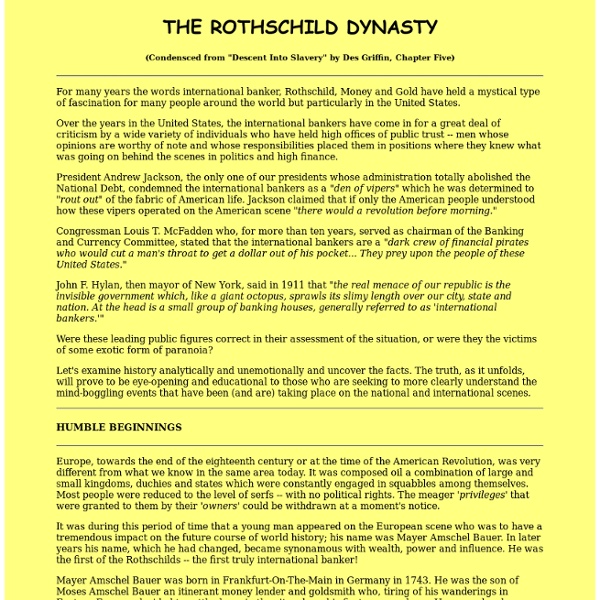



AlternateHistory.com Navassa The recorded history of Navassa Island (originally called Navaza in Spanish) began in 1504 when Christopher Columbus, stranded on Jamaica, sent some crew members to Hispaniola by canoe for help. The canoes ran into the island on the way but it didn't have any water. Mariners avoided the place for the next 350 years. Navassa's history resumed in 1857 when Peter Duncan, an American sea captain, landed and claimed the island for the United States under the Guano Act. The U.S. Guano phosphate was a superior organic fertilizer that became a mainstay of American agriculture in the mid-19th century. Hauling guano by muscle-power in the fierce tropical heat with harsh rules enforced by abusive white supervisors eventually provoked a rebellion on the island in 1889. Guano mining resumed on Navassa but at a much reduced level. Navassa became significant again with the opening of the Panama Canal in 1914. On August 29, 1996, the U.S. By Secretary's Order No. 3210 of December 3, 1999, the U.S.
Working Papers | Latin American and Caribbean Center This page hosts summaries of scholarly articles on Islam in Latin America written by scholars across disciplines. The article summaries are available in both English and Spanish and they are organized by geographic area. Article Summaries Colombia Islam en Colombia: Entre la Asimilación y la ExclusiónDiego Castellanos As the population of Muslims increased in Colombia and dispersed throughout the country a greater development for Islam with the creation of institutions that support its practices and expansion. Mexico Islam in Mexico: Defining a National IslamZidane Zeraoui This summary of this article showcases the development of the different Islamic organizations that helped shaped Islam in Mexico. South American Frontier Region (Un)covering Islam and Its Fifty-Year History in a South American Frontier RegionJohn Tofik Karam George W. Resúmenes de artículos Argentina Musulmanes en Argentina: instituciones, identidades y membresíaSilvia Montenegro (CONICET, Argentina)